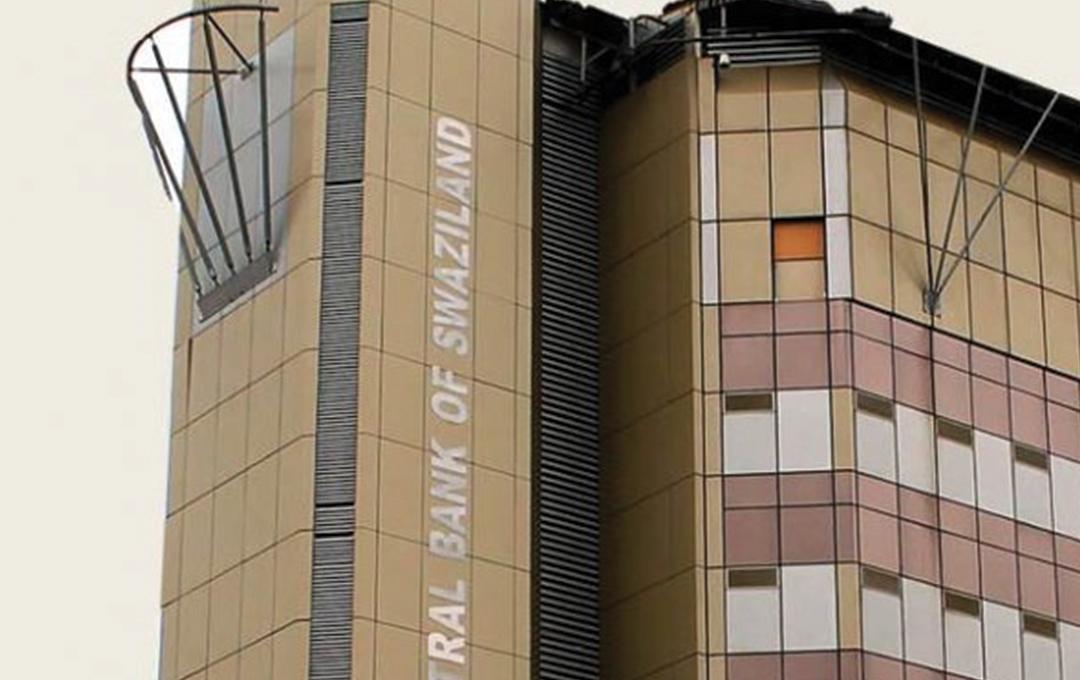Africa-Press – Eswatini. Money flowing out of the country, mainly through business dealings with banks, caused the country’s preliminary gross official reserves to dip from E9.4 billion at the end of November to E8.8 billion in December 2023.
However, the decline did not dent the country’s ability to finance imports.
According to Central Bank of Eswatini Monthly Statistical Release for November and December, the country’s preliminary gross official reserves at the end of December reflected a 7.2 per cent decrease compared to November’s 31.5 per cent growth.
It indicates that they however, when viewed from a year-on-year perspective, boast a healthy 14.9 per cent increase.
CBE attributes that monthly decline in reserves to have stemmed primarily from net Rand outflows during trades with commercial banks.
It indicated that this suggested potential fluctuations in currency exchanges, as well as changes in investment patterns.
The bank reports that despite the slight drop in reserves, the country’s import cover remained relatively stable at 2.8 months.
The bank, reporting on net claims on government with the banking sector, said banks saw a significant surge in net claims on government in November 2023, as government took out more loans but deposited less cash.
It indicates that when compared to October, net claims on government with the banking sector climbed a staggering 65.5 per cent to reach E2.6 billion by month end.
It cites that this increase was primarily driven by claims on government, representing loans and advances which went up 10.4 per cent to E7.1 billion.
The bank indicates that the loans and advances were boosted by an advance from the Central Bank.
It further cites that government deposits with banks, however, took a dive of 7.1 per cent to settle at E4.5 billion.
The bank says while the month-on-month increase was significant, net claims on government on a yearly basis reflect a 16.3 per cent decline compared to November 2022, where they stood at E3.1 billion.
…Banks top up cash reserves, boosting liquidity, stability
The country’s banking sector saw a financial muscle-up in November 2023, with cash reserves piling up and liquidity reaching new heights.
According to the Central Bank of Eswatini Monthly Statistical Release, domestic liquid assets surged by 13.2 per cent in a single month and a whopping 15.5 per cent year-on-year, to reach E8.1 billion by month end.
The bank reported that this surge was fuelled by banks boosting their balances held with the Central Bank, suggesting strong deposit inflows or a cautious approach to lending.
It further attributes the surge to banks also having fattened their own cash holdings, indicating a preference for readily available funds.
CBE says that this cash inflow translated into a substantial 6.6 percentage point jump in the industry’s liquidity ratio, now standing at a reassuring 36.5 per cent.
The bank says the lending scene in November 2023 presented a contrasting picture, with some sectors seeing significant growth while others cooled down.
It highlights that credit to other sectors of the domestic economy observed a 16.6 per cent decline month-on-month, dropping to E1 billion.
It attributes the decline as mainly driven by a 23.3 per cent plunge in lending to other financial corporations and a 2.7 per cent dip in credit to parastatals.
However, the bank further reports that local government resisted the trend with a 12.6 per cent increase in borrowing.
Pertaining to credit extended to households and NPISH (non-profit institutions serving households), the bank reports that it remained relatively stable at E8.3 billion, with a slight 0.1 per cent month-on-month decrease, and a 2.4 per cent year-on-year increase.
It indicates that other personal (unsecured) loans led the monthly decline, dropping by 1.8 per cent, while motor vehicle loans and credit card loans displayed some resilience.
CBE further reveals that as of November 2023, private sector credit reached E18.7 billion, exhibiting a modest 0.9 per cent decline on a monthly basis.
It cited that it however maintained a robust 8.8 per cent year-on-year growth.
It attributes that slight monthly contraction to have been primarily driven by decreased lending to other domestic sectors and households and NPISH, while credit to businesses continued to expand.
For More News And Analysis About Eswatini Follow Africa-Press







